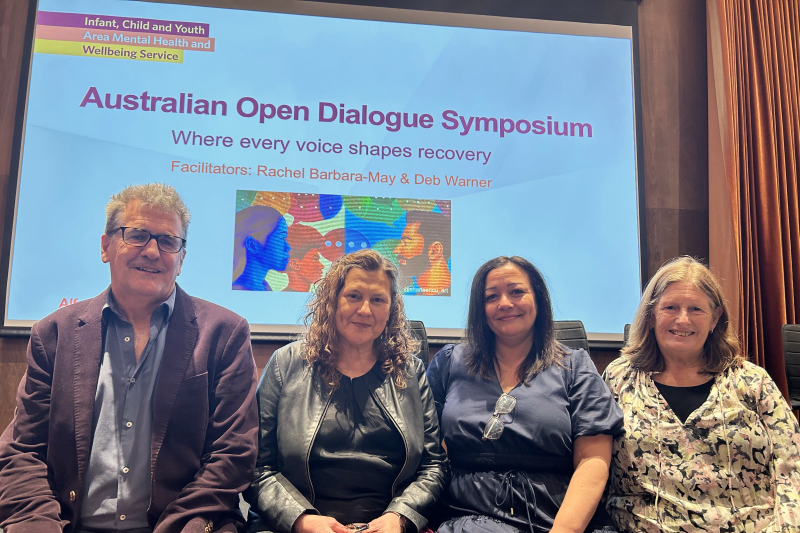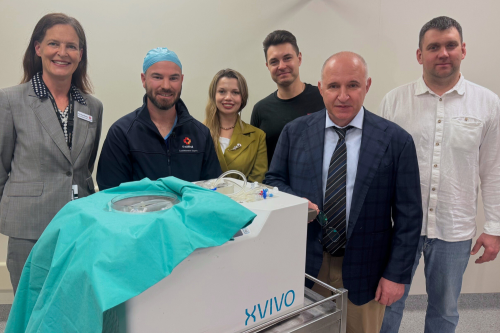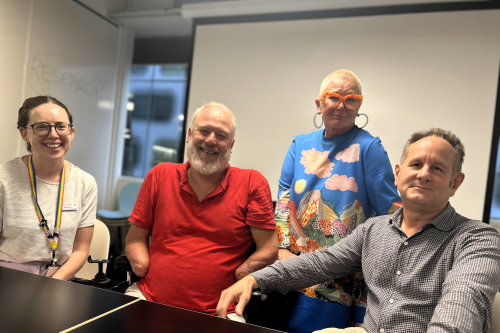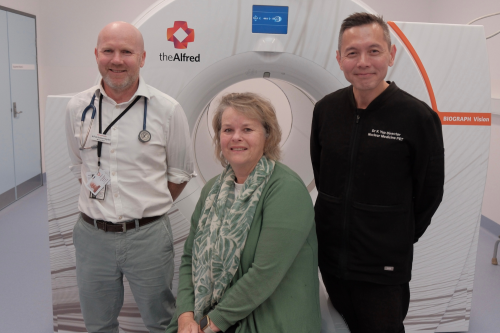Open Dialogue is transforming mental health care

Victoria’s leading mental health services have embraced a pioneering therapeutic approach from overseas, marking a transformative shift in care across Australia.
The model, known as Open Dialogue, centres on mobilising a person’s trusted social network—friends, family, and loved ones—to support them through a mental health crisis.
Facilitated with a mental health clinician and a peer worker with lived experience, the approach empowers the individual to lead their own recovery journey by involving those that are important to them, and those that could be of help, in a series of ‘network’ meetings
Together, with the support of the practitioners, the group aims to make sense of the current crisis and co-develop a plan to move forward, with the person’s needs and wishes remaining central throughout the process.
Two of Victoria’s most prominent services—Ngamai Wilam, the state’s first publicly funded residential eating disorder treatment centre, and Alfred Health’s Eating Disorders Intensive at Home Program—have made Open Dialogue a cornerstone of their care models.
Rachel Barbara-May, a social work practitioner and Open Dialogue trainer working across both services, says the impact has already been profound.
“I’m particularly encouraged to see the difference it is making for young people in our Eating Disorders Intensive at Home program,” Rachel said.
“Loneliness and isolation are common experiences that often exacerbate the severity of eating disorders, and in many ways Open Dialogue feels like the antidote.
“It’s a model of therapy that strengthens and focuses the person’s already trusted relationships in addition to providing time, space, clinical and lived expertise to help everyone navigate the crisis together.”
Psychiatrist Dr Paul Denborough, who leads Infant Child and Youth Mental Health at Alfred Health, believes Open Dialogue presents a paradigm shift in approaches to mental health care in Australia – something that will be explored in depth at this year’s Australian Open Dialogue Symposium.
“Having seen the positive impact it has had with our own programs, I am excited by the possibilities Open Dialogue presents for mental health care more broadly,” Dr Denborough said.
The potential of Open Dialogue will be explored further at this year’s Australian Open Dialogue Symposium, where clinicians, researchers, and lived experience advocates will gather to discuss its future in Australia’s mental health landscape.


